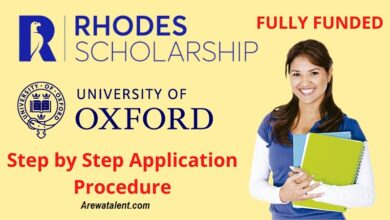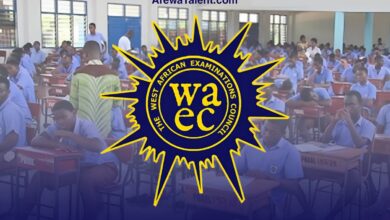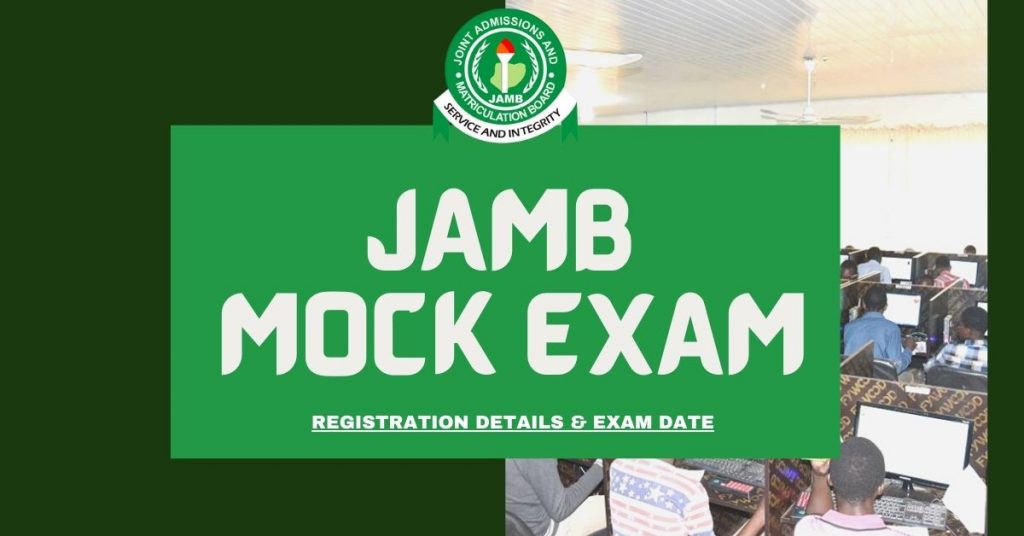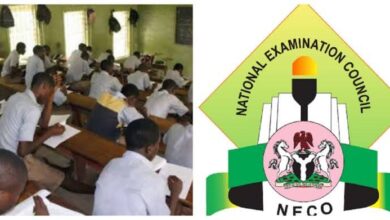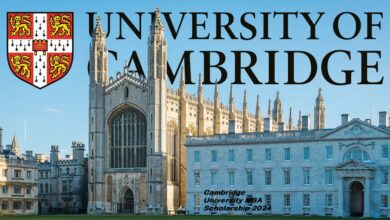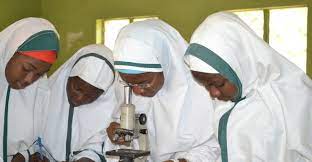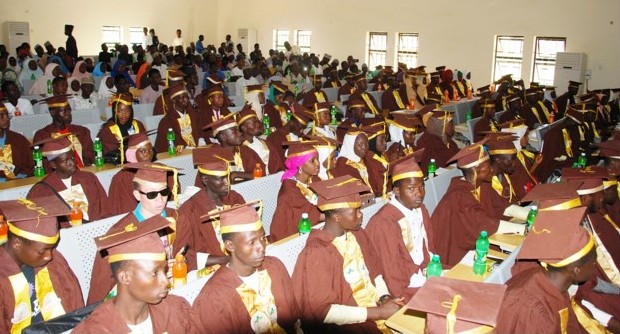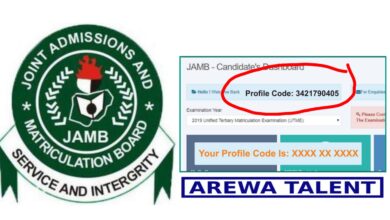WAEC GCE Literature in English 2023: Objective, Essay, Prose, Drama & Poetry Questions and Answers
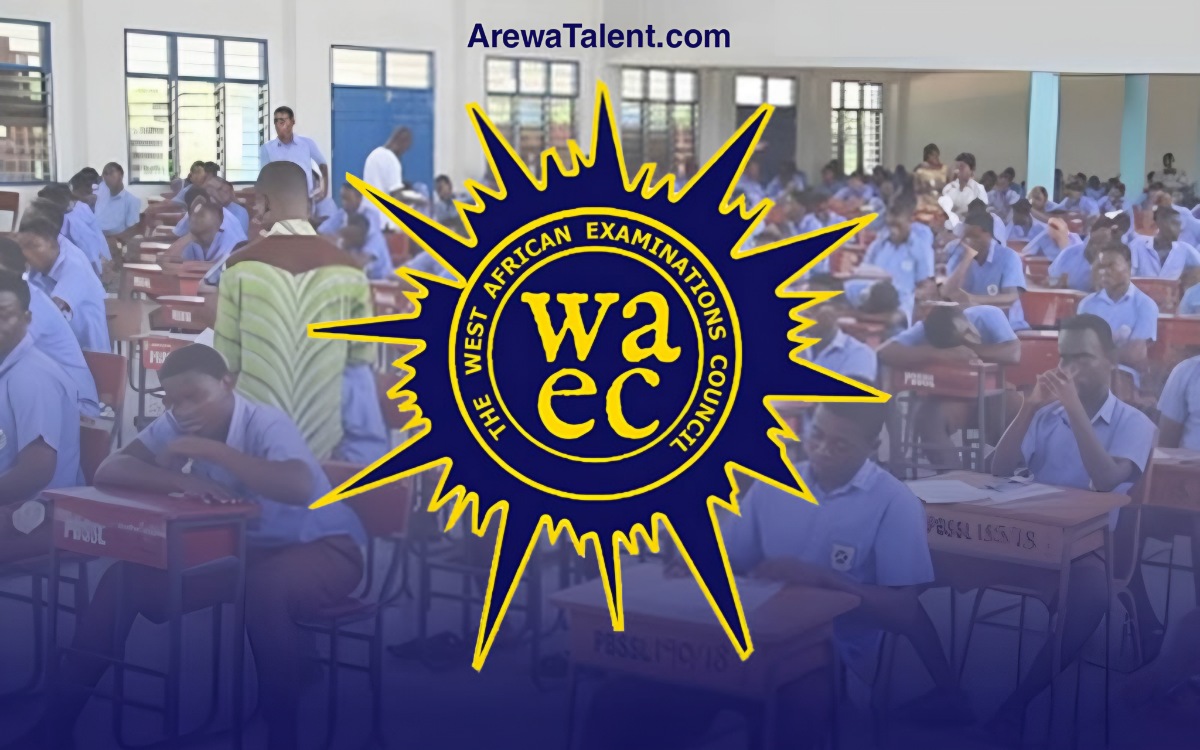
The WAEC GCE Literature in English 2023 examination is just around the corner, and students are eagerly preparing for this important test. As the West African Examination Council (WAEC) releases the literature answers for the upcoming exam, it is crucial for candidates to familiarize themselves with the format and content of the papers. In this comprehensive guide, we will explore the objective, essay, prose, drama, and poetry questions that may be encountered in the 2023 WAEC GCE Literature in English examination.
Introduction
The WAEC GCE Literature in English examination consists of three papers: Objective, Prose, and Drama & Poetry. Each paper assesses different aspects of literary knowledge and interpretation. It is crucial for candidates to understand the specific requirements of each section in order to maximize their chances of success.
Objective Questions
The Objective section of the WAEC GCE Literature in English examination tests candidates’ understanding of various literary concepts and techniques. It requires careful reading and analysis of passages, poems, and other literary works. Let’s take a look at some sample objective questions:
- “_______ in my rate” means:
- A. i’m very certain
- B. so far as I can see
- C. there’s no doubt
- D. as it appears.
- A poem that describes the simple life of rural people is called _____:
- A. eulogy
- B. ode
- C. lyrics
- D. pastoral.
- Choose the option that has the same consonant sound as the one represented by the letter(s) underlined Vice:
- A. cat
- B. dress
- C. show
- D. chalk.
- In literature, repetition is used essentially for:
- A. rhyme
- B. suspense
- C. allusion
- D. emphasis.
The objective questions require candidates to carefully analyze the given options and select the most appropriate answer based on their understanding of the literary concepts being tested.
Essay Questions
The essay section of the WAEC GCE Literature in English examination allows candidates to demonstrate their critical thinking and analytical skills. It requires a deep understanding of the prescribed texts and the ability to articulate well-structured and coherent arguments. Here are some essay questions that may be encountered in the exam:
- Examine the role and significance of Slyv Po in the novel “Faceless” by Amma Darko.
- Show how women are discriminated against in the novel “Faceless” by Amma Darko.
- What impression do you form of Yaremi in the novel “Lonely Days” by Bayo Adebowale?
- Examine the attitude of Kufi people towards death in the novel “Lonely Days” by Bayo Adebowale.
The essay questions require candidates to provide detailed and well-supported responses, drawing on evidence from the prescribed texts to support their arguments.
Prose Questions
The prose section of the WAEC GCE Literature in English examination focuses on the analysis of specific prose texts. Candidates are required to choose one question from each section and provide a detailed response. Here are some sample prose questions:
African Prose
- Amma Darko – Faceless
- Examine the role and significance of Slyv Po in the novel.
- Show how women are discriminated against in the novel.
- Bayo Adebowale – Lonely Days 3. What impression do you form of Yaremi in the novel?
- Examine the attitude of Kufi people towards death in the novel.
Non-African Prose
- Richard Wright – Native Son 5. What are Bigger’s reasons for his bitterness against the white man in the novel?
- How does the media respond to the disappearance of Mary Dalton in the novel?
- Horace Walpole – The Castle of Otranto 7. Comment on the issue of male dominance in the novel.
- What does Theodore’s encounter with Isabella in the cavern in the forest reveal about his character?
Candidates should carefully analyze the prescribed prose texts and provide insightful responses that demonstrate a deep understanding of the themes, characters, and literary techniques employed by the authors.
Drama Questions
The drama section of the WAEC GCE Literature in English examination focuses on the analysis of specific drama texts. Candidates are required to choose one question from each section and provide a detailed response. Here are some sample drama questions:
African Drama
- Dele Charley – The Blood of a Stranger
- How does love for wealth and power influence the actions of the characters in the play?
- Examine Wara’s role in the development of the plot.
- Frank Ogodo Ogbeche – Harvest of Corruption 3. Consider Aloho as a foil to Ogeyi.
- How does Chief Haladu Ade-Amaka manipulate justice to his own advantage?
Non-African Drama
- Lorraine Hansberry – A Raisin in the Sun 5. To what extent are the dreams of the Younger family fulfilled in the play?
- Discuss the living conditions of the Younger family.
- Oliver Goldsmith – She Stoops to Conquer 7. Compare the relationship between Tony and Constance with that between young Marlow and Kate.
- What makes Mr. Hardcastle a humorous character?
Candidates should carefully analyze the prescribed drama texts and provide insightful responses that demonstrate a deep understanding of the themes, characters, and dramatic techniques employed by the playwrights.
Poetry Questions
The poetry section of the WAEC GCE Literature in English examination focuses on the analysis of specific poetry texts. Candidates are required to choose one question from each section and provide a detailed response. Here are some sample poetry questions:
African Poetry
- Birago Drop – Vanity 9. Relate the title of the poem “Ambush” to the theme of frustrated dreams.
- Comment on the poets’ use of imagery in “The Dining Table”.
Candidates should carefully analyze the prescribed poetry texts and provide insightful responses that demonstrate a deep understanding of the themes, poetic devices, and imagery employed by the poets.
Recommended Reading Materials
To excel in the WAEC GCE Literature in English examination, it is essential for candidates to familiarize themselves with the prescribed reading materials. Here are the recommended texts for the 2023 examination:
- African Prose
- Amma Darko – Faceless
- Bayo Adebowale – Lonely Days
- Non-African Prose
- Richard Wright – Native Son
- Horace Walpole – The Castle of Otranto
- African Drama
- Dele Charley – The Blood of a Stranger
- Frank Ogodo Ogbeche – Harvest of Corruption
- Non-African Drama
- Lorraine Hansberry – A Raisin in the Sun
- Oliver Goldsmith – She Stoops to Conquer
- African Poetry
- Birago Drop – Vanity
- Gbemisola Adeoti – Ambush
- Gabriel Okara – Piano and Drums
- Gbanabam Hallowell – The Dining Table
- Lenrie Peter – The Panic of Growing Older
- Kofi Awoonor – The Anvil and the Hammer
- Non-African Poetry
- Alfred Tennyson – Crossing the Bar
- George Herbert – The Pulley
- William Blake – The School Boy
- William Morris – The Proud King
- Robert Frost – Birches
- William Shakespeare – Shall I compare thee to a Summer’s Day?
Candidates are encouraged to read and study these texts thoroughly to enhance their understanding of the prescribed literature.
Important Instructions
It is crucial for candidates to adhere to the following instructions during the WAEC GCE Literature in English examination:
- Bringing GSM into the Examination Hall is PROHIBITED.
- The ALBINOS AND BLIND CANDIDATES ARE TO BE GIVEN 15 MINUTES EXTRA TIME ACROSS ALL SUBJECTS.
Candidates should carefully read and understand the instructions provided by the examination board to avoid any penalties or disqualifications.
Conclusion
The WAEC GCE Literature in English 2023 examination is a vital opportunity for candidates to showcase their literary knowledge and interpretation skills. By familiarizing themselves with the format, content, and recommended reading materials, candidates can maximize their chances of success. It is important to approach each section of the examination with careful analysis, critical thinking, and well-supported arguments. With thorough preparation and practice, candidates can excel in the examination and achieve their desired results.




